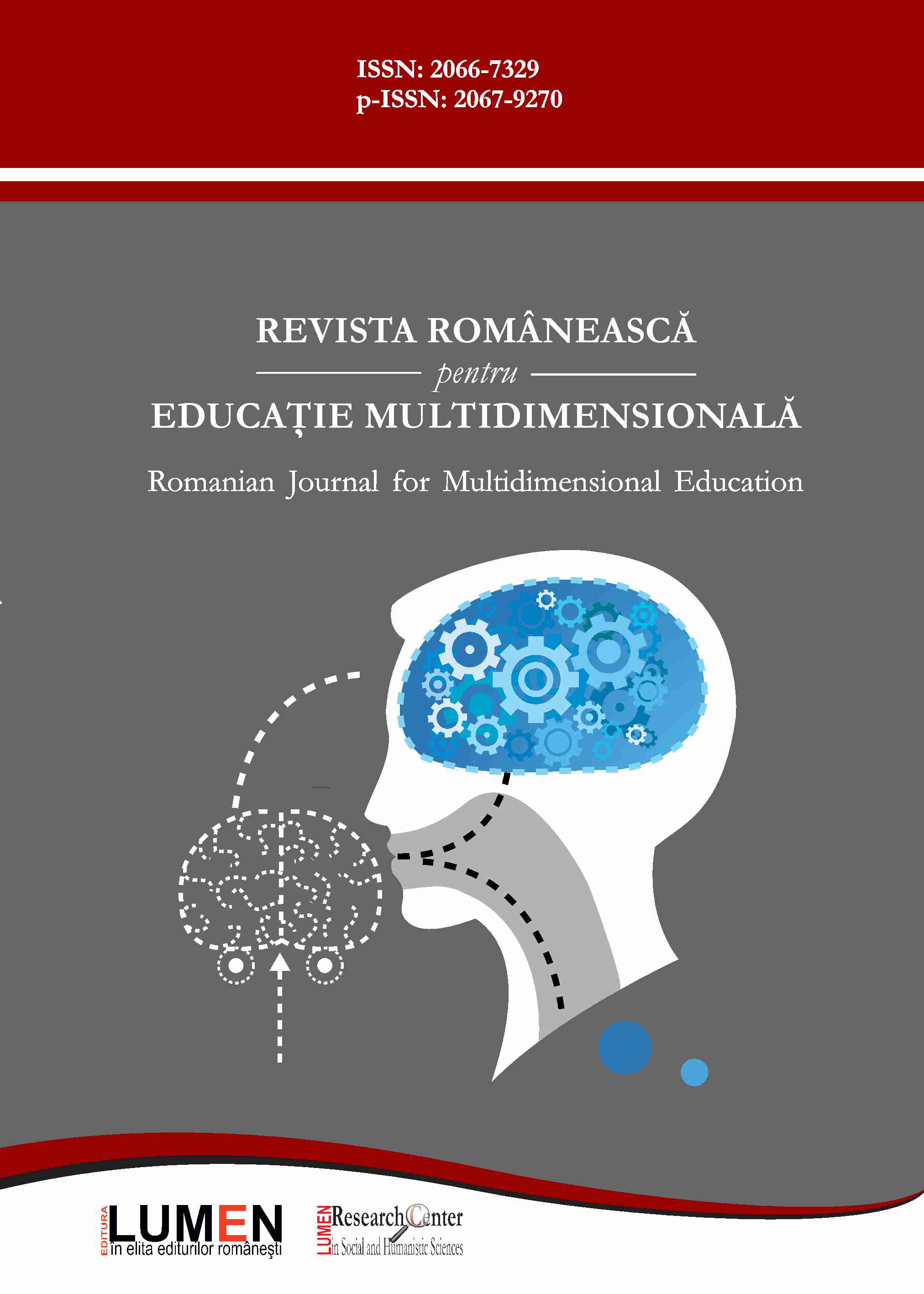The Influence of Physical Activity on Students’ Psychological Well-Being
The Influence of Physical Activity on Students’ Psychological Well-Being
Author(s): Alla Kovalenko, Eliso Grishchuk, Nina Rogal, Vladimir Potop, Georgiy Korobeynikov, Ivan Glazyrin, Valentina Glazyrina, Alexandru Goraşcenco, Lesia Korobeynikova, Oleksandr DudnykSubject(s): School education, Educational Psychology, Social psychology and group interaction
Published by: Editura Lumen, Asociatia Lumen
Keywords: Physical activity; team and individual physical activity; psychological well-being; subjective social well-being;
Summary/Abstract: Purpose: study of influence of physical activity to person’s psychological well-being.Material: The study involved 198 respondents aged of 18 to 22 years, including 89 cadets of the Military Institute and 109 civilian students of Taras Shevchenko National University of Kyiv. The Riff’s Scale of Psychological Well-Being (adapted by T.D. Shevelenkova and T.P. Fesenko) and Danilchenko’s questionnaire “Subjective social well-being” were used. Results: The discuss influence of physical activity on students’ psychological and subjective social well-being. The performed study found that students who do physical exercises periodically have the highest psychological well-being. High psychological well-being was found at the group of students who are systematically engaged in physical activities. Significant differences were not found between the three groups of students (divided by the periodicity of their physical activity) as for their subjective social well-being. The higher scores were shown by students engaged in team-based physical activities in comparison with those who prefer individual forms. The article presents recommendations for the use of psycho diagnostic instruments, depending on a research purpose and the specific of examinees’ activities.Conclusions: The students who periodically engaged in physical activities have the highest psychological well-being; they show higher subjective sense of happiness, more content with their lives and demonstrate higher satisfaction with their social relationships.
Journal: Revista Românească pentru Educaţie Multidimensională
- Issue Year: XII/2020
- Issue No: 2
- Page Range: 86-96
- Page Count: 10
- Language: English

